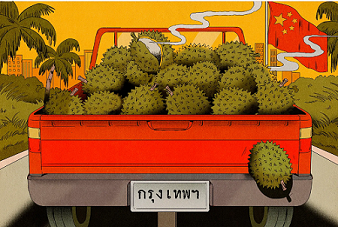 |
| Durian, once nicknamed the "king of fruits," has now become a " diplomatic ambassador" in many important foreign affairs activities of Southeast Asian countries. (Source: Foreign Policy) |
Establishing a foothold in China
Durian has long been a favorite food in Southeast Asia, but only in recent years has it emerged as a culinary phenomenon in China. The world's most populous nation now consumes over 1.5 million tons of this fruit annually, with a selling price of around $25 for a large durian. Most of this is shipped from neighboring Southeast Asian countries.
As durian gradually became a favorite fruit among the Chinese, its appeal as a bridge between culture and politics also increased.
Previously, all fresh durian imported into China came from Thailand – the country that exports three-quarters of its durian harvest abroad. Thailand remains China's largest durian trading partner, with approximately $4 billion in exports annually, but the country's market share is rapidly declining as new countries enter the market of over 1.4 billion people.
Over the past four years, China has signed a series of durian import agreements with countries in Southeast Asia. This multi-billion dollar strategy to attract partners has been dubbed "durian diplomacy" by some political experts.
In August 2025, China received its first shipment of fresh durian from Cambodia. This move followed Beijing's agreement to import frozen durian from Indonesia – a country that has launched a cultivation development project to boost durian production.
Malaysia, which has been exporting frozen whole durian fruit to China since 2019, aims to enter the fresh fruit export market by 2024.
The Philippines also signed an agreement in 2023 to export fresh durian to China following a state visit by President Ferdinand Marcos Jr. aimed at strengthening agricultural cooperation between the two countries.
And in 2022, Vietnam began exporting fresh durian through Guangxi, becoming China's second-largest supplier, with export value reaching nearly $3 billion by 2024.
Professor Ta Khan Khan, a Southeast Asian studies professor at Peking University in China, commented: "Durian very clearly reflects what is happening with the leadership and relations between countries."
Most recently, in August 2025, China invited members of the Association of Southeast Asian Nations (ASEAN) to attend the first-ever ASEAN-China Durian Festival in Beijing.
A shared love for durian
According to observers, US-China competition may help explain why more durian is being imported into China than ever before.
US President Donald Trump's reshaping of global trade and withdrawal from international institutions under his "America First" policy has created opportunities for China to strengthen relations with its neighbors.
And the shared love of durian is a way to strengthen relations. “China is currently trying to portray itself as a responsible and actively cooperative major power with many Southeast Asian partners,” said Xie Khan Khan.
Durian maintains its regal status throughout Southeast Asia, revered as the "king of fruits." For China, durian is a convenient delicacy. Satisfying domestic consumption needs can strengthen regional neighborly relations.
According to Sam Chapple-Sokol, a lecturer at the Global Food Institute at George Washington University, using food to serve political purposes is nothing new.
He argued that this practice falls within the realm of culinary diplomacy, a practice that has existed for thousands of years. "Imagine two ancient peoples meeting; they would converse around a campfire, and food would often be present around that fire," he said.
Over the centuries, this form of diplomacy has become more sophisticated, encompassing state banquets and special cuisine.
In recent decades, Southeast Asian nations have become particularly adept at harnessing this culinary power. Chapple-Sokol notes that the popularity of Thai restaurants worldwide is not a mere coincidence, but a deliberate government strategy.
He added that durian diplomacy is not only seen in trade agreements, but also in culinary showcases aimed at attracting visiting officials.
In 2022, following a lunch between Chinese Foreign Minister Wang Yi and then-Malaysian Prime Minister Ismail Sabri Yaakob, Wang Yi praised the cheesecake he had just eaten, noting that it was made with Musang King durian, and that Beijing was willing to import more tropical fruits and palm oil from the country.
Culinary diplomacy is working.
In the context of durian diplomacy, Chapple-Sokol questions whether China is the primary driving force.
He argued that culinary diplomacy is often associated with middle powers. Malaysia, for example, has been using this form of soft power for the past decade. “The countries that could benefit most from this are Thailand, Peru, and Mexico.”
"These are smaller countries than the BRICS bloc, but they are strong enough to promote and maintain this form of diplomacy. Perhaps they don't have military power or GDP and economic strength, but they have many truly powerful things to offer the world in terms of cuisine, culture, history, and people," he said.
Increasingly, middle powers are using durian diplomacy to build bridges with each other. In February 2025, Malaysia hosted a “durian diplomacy” event at the Malaysian Embassy in Seoul, South Korea, following a similar event in Tehran, Iran in 2024.
Speaking to guests, Mohd Zamruni Khalid, the Malaysian Ambassador to South Korea, acknowledged the role of durian in the art of state administration.
Khalid said, “Diplomacy is not just about formal meetings and high-level conferences, but also about the simple joy of sharing a meal, exchanging stories, and building connections. Today, let durian be a symbol of our shared commitment to a brighter, more cooperative future.”
However, whether durian diplomacy continues at a rapid pace depends not only on political upheavals but also on prevailing circumstances. Climate change, drought, and saltwater intrusion into freshwater conservation areas in the delta are considered increasing threats to durian farmers. Therefore, addressing rising greenhouse gas emissions must be a top priority if Southeast Asian countries want to sustain the booming durian market.
Source: https://baoquocte.vn/hanh-trinh-tro-thanh-su-gia-ngoai-giao-cua-vua-cac-loai-trai-cay-332492.html







![[Photo] Prime Minister Pham Minh Chinh attends the Conference summarizing and implementing tasks of the judicial sector.](/_next/image?url=https%3A%2F%2Fvphoto.vietnam.vn%2Fthumb%2F1200x675%2Fvietnam%2Fresource%2FIMAGE%2F2025%2F12%2F13%2F1765616082148_dsc-5565-jpg.webp&w=3840&q=75)




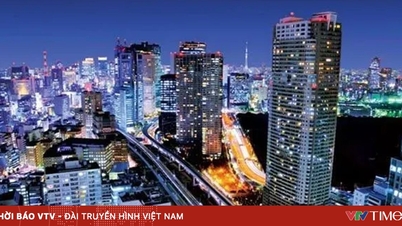
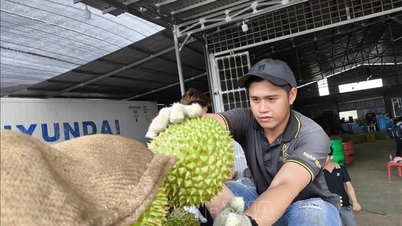

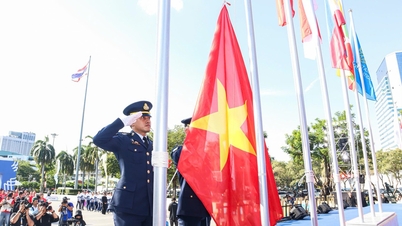



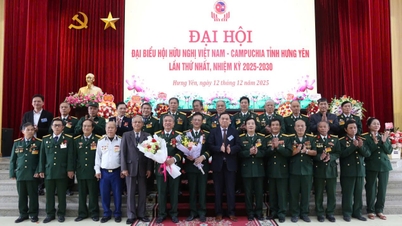

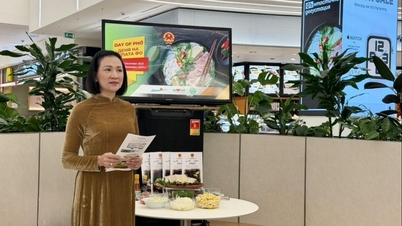
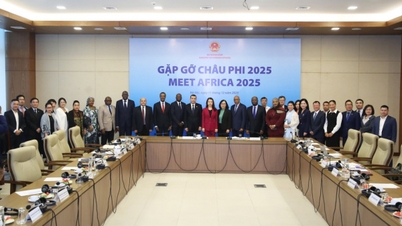
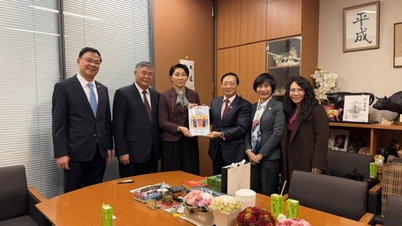
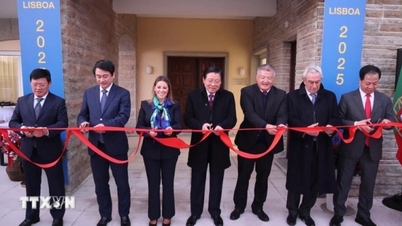
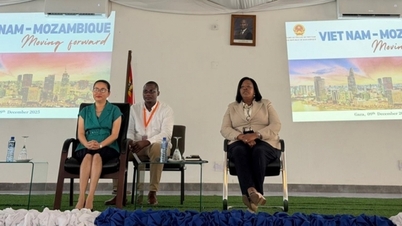




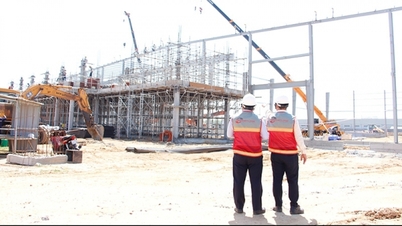
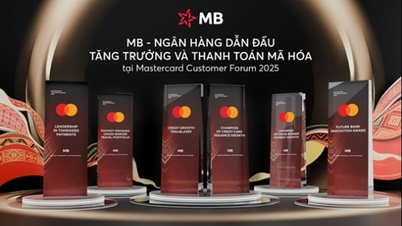
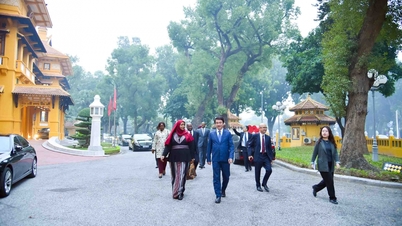
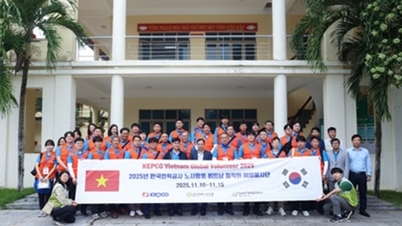
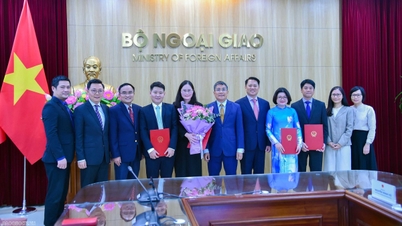









































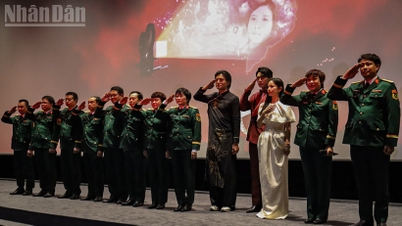
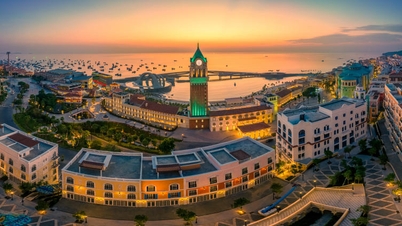


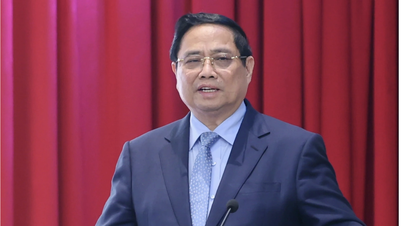


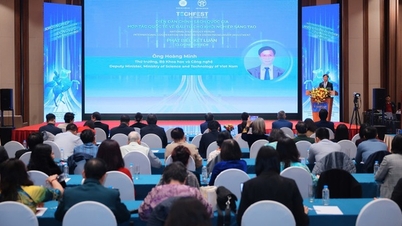

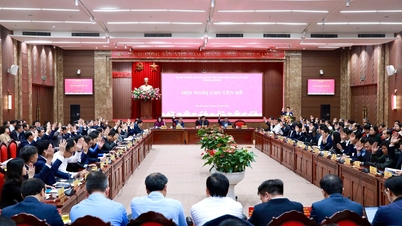

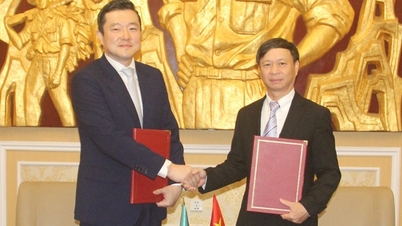
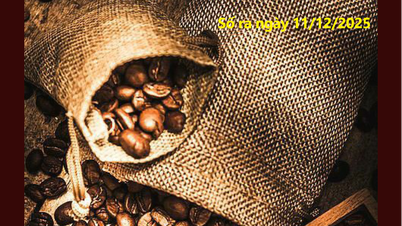

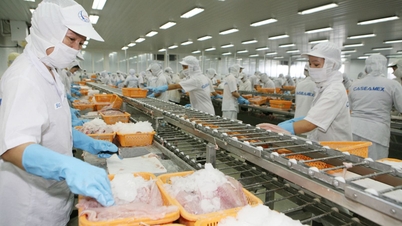
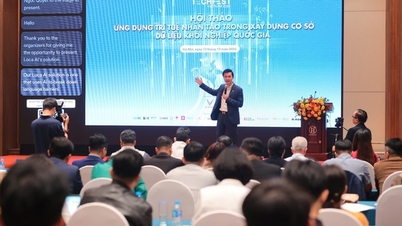
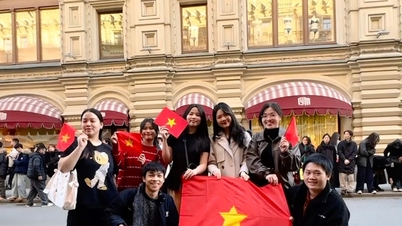

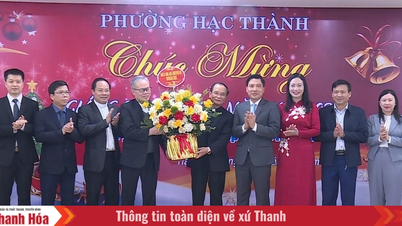

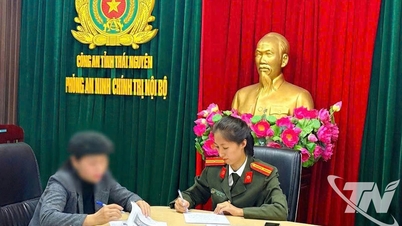
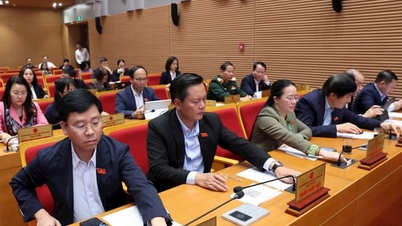

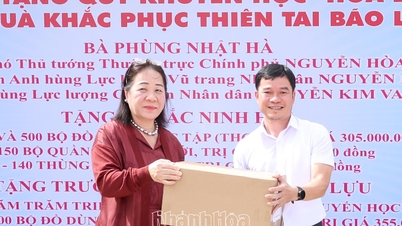

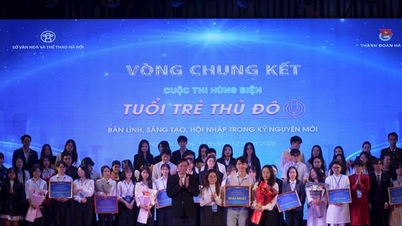










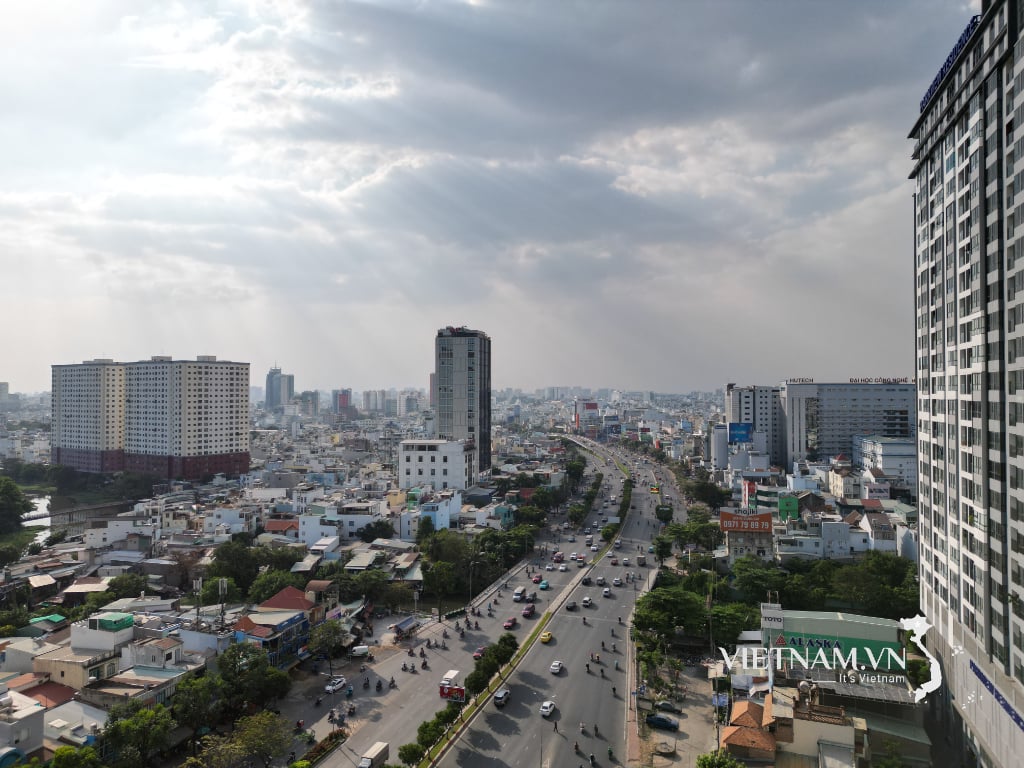

Comment (0)